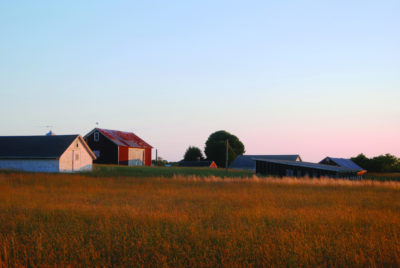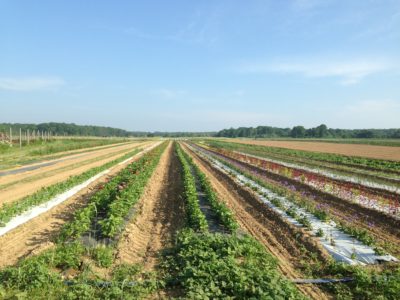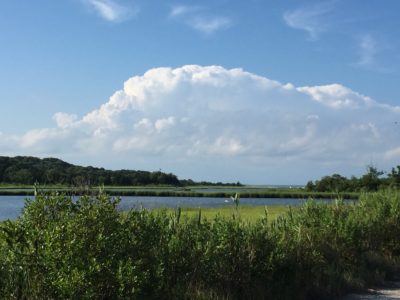Our Work / Conservation
Community Preservation Fund
photo by Tim Corwin
Please note:
The Peconic Land Trust does not receive the real estate transfer tax. While many believe that the funds raised by the real estate transfer tax go to the Peconic Land Trust for its conservation programs, this is incorrect! The Peconic Land Trust raises its operating budget through charitable gifts and payment for professional services. The real estate transfer fee paid by buyers goes directly to the Town in which the property purchased is located.
The History of the Community Preservation Fund
The Peconic Bay Region Community Preservation Fund (CPF) is a public program managed by each of the five East End Towns for the protection of farmland, open space, and community character.
The CPF was established by voter referendum in 1998, when voters in the five East End Towns of Long Island — East Hampton, Riverhead, Shelter Island, Southampton and Southold — approved a new real estate transfer tax of 2% on each transaction occurring in these towns. This is a one-time tax that the buyer of real estate is required to pay when purchasing improved or vacant property.
An extensive coalition of farmers, business leaders, environmentalists, realtors, builders, baymen, and civic and community leaders across the region pushed for the creation of this Community Preservation Fund.
In 2006, voters in all five townships approved a referendum to extend the collection of the tax from 2020 to 2030 and then on November 8, 2016, voters in the five East End Towns extended the CPF to 2050 and also added the opportunity for each Town to invest up to 20% of the funds toward water quality improvement projects. In 2022, voters in East Hampton, Shelter Island, Southampton, and Southold approved an additional .5-percent tax to establish a community housing fund. Riverhead Town has yet to put the fund up for a vote.
This program has been highly successful. The Community Preservation Fund:
- helps implement key land protection recommendations from a ten-year study to improve and restore the Peconic Estuary;
- has been used to purchase open space and environmentally sensitive lands as a way to protect the quality of drinking water;
- has been used to protect the water quality in the Peconic Bay and our local harbors and bays;
- enables towns to continue to purchase developments rights on farmland, thereby preserving the farms that produce fresh fruit and vegetables, and a traditional way of life on the East End.
In the long run, the Community Preservation Fund also helps to keep our taxes down. When property is left undeveloped there is no demand for more public services such as water, police, schools and roads. Important elements of the law are:
- the first $400,000 (East Hampton, Southampton, Shelter Island), $200,000 (Southold), or $150,000 (Riverhead) of the purchase price of a house or building ($100,000/$75,000 for unimproved land) is exempt from the real estate transfer fee;
- the tax expires in the year 2050;
- a bipartisan advisory committee, composed of citizens from each town, oversees the program;
- farmer-to-farmer exemptions are provided for in the law;
- the buyer pays the tax;
- money raised in a town stays in the town in which the real estate transfer fee is levied and is used by the town to protect open space and farmland in that town only.
For your convenience we’ve created a flyer that explains the CPF and provides information on how to contact the various towns.




